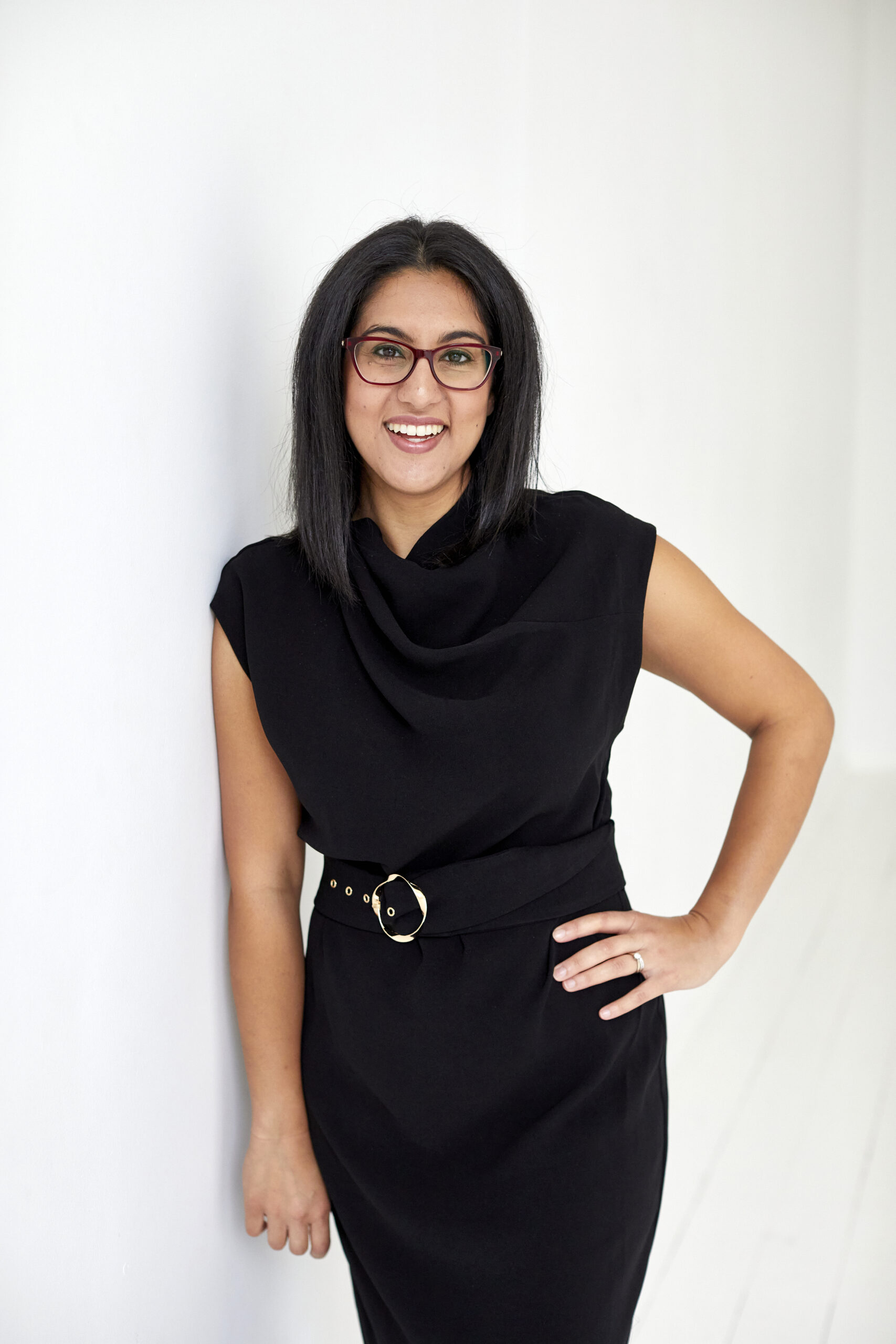
Can you tell us a bit about your professional background?
I studied medicine at Flinders University, graduating in 2010. I worked in Adelaide for 3 years, including almost 2 years at the Women’s and Children’s Hospital, before moving to Melbourne in 2014 for obstetrics and gynaecology training. I completed my training at the Royal Women’s Hospital, Sunshine Hospital, and at the Northwest Regional Hospital in Burnie, Tasmania. My training included both low and high-risk obstetrics and general gynaecology. I also completed a fellowship in contraception, abortion, and sexual health. In addition to my private work, I currently work at the Royal Women’s Hospital and Joan Kirner Women’s and Children’s – Sunshine Hospital. I am also a clinical teaching fellow with the University of Melbourne Medical school.
Can you tell us a bit about yourself, on a personal level? (Hobbies / family etc)
I was born and raised in Canada, but consider Australia home now as I’ve been here for over 15 years. However, I still get excited when I see kangaroos, don’t like vegemite, and can’t do an Australian accent. I recently started learning/playing golf as it was something my husband and I could do together – in exchange, he’s agreed to try ballroom dancing. I love to travel and try to visit somewhere new every year (local or international). My guilty pleasures include Netflix, romance novels and chocolate.
What areas of women’s health do you specialise in / what areas are you particularly passionate about?
I enjoy all aspects of women’s health, but definitely have an interest in menstrual disorders, such as heavy or abnormal bleeding and fibroids, colposcopy and abnormal cervical screening, and contraception and family planning.
What made you decide to become part of the Maven Centre team?
I was thrilled to be invited to join Maven Centre. I believe in holistic health care and I think a multi-disciplinary team is key to ensuring we look after all aspects of women’s health. Additionally, the team at Maven Centre is a group of like-minded female clinicians with similar values and I’m really excited to collaborate with them.
Can you discuss a particularly rewarding or memorable experience you’ve had working with a patient? What did you learn from that experience?
Each patient interaction brings its own rewards and challenges. Working in gynaecology, I am very aware that we often see patients at their most vulnerable and I feel privileged to provide care in this setting. I have seen patients who have previously been dismissed by health care practitioners, may be experiencing persistent pain, or faced with an unplanned pregnancy. Regardless of the situation, it is important that I listen to and validate their experience and try to come up with a plan that works, but is flexible to other options. Seeing a patient improve and express their gratitude is the most rewarding aspect of my job.
What can patients expect when they come to see you?
I always try to take my time with patients and ensure I’ve explained everything and they have an understanding of their current health conditions and options. I always hope that patients leave feeling listened to and empowered. I also ensure that I communicate with their GP’s or other health practitioners, so patients have continuity of care and a good team looking after their health needs.
How do you work to empower women to take charge of their own health and wellbeing?
Education. The more a woman knows about her body, the more she is able to identify what’s abnormal and engage in her health care. I appreciate that seeing a gynaecologist can be a scary or awkward experience, but I hope to make them more comfortable and normalize talking about difficult or taboo topics.